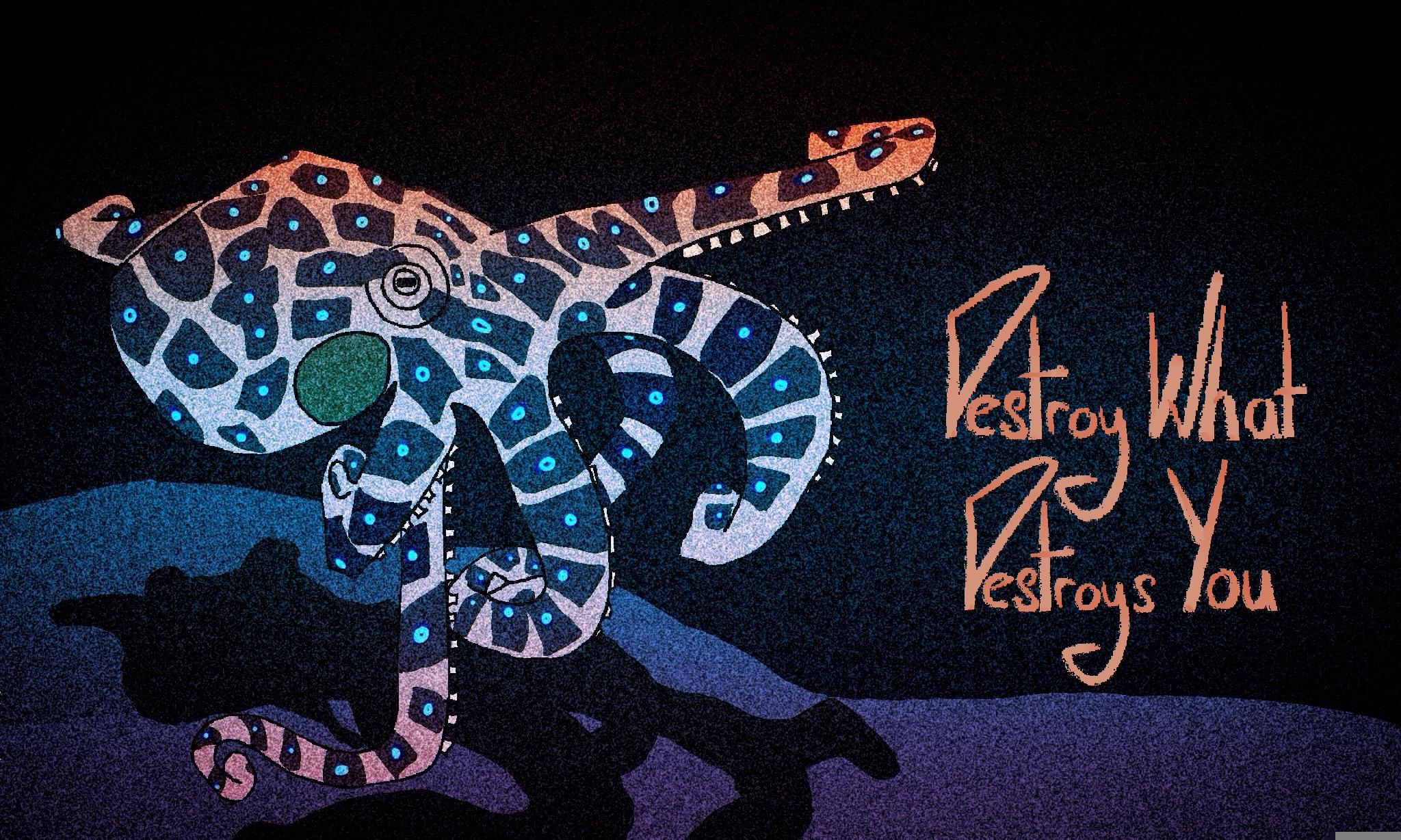Coercive control, a framework originally conceptualized in Evan Stark’s Coercive Control: How Men Entrap Women in Everyday Life and widely utilized in domestic violence theory, is one that can be expanded to understand the tactics and underlying values of all forms of authoritarian control. I have argued for this in other essays and have alluded […]
Category: Intimate Authoritarianism
Leave, Or Else: Giving Ultimatums to Abuse Victims
Abuse is ubiquitous in our society, and as a result there are very few among us, if any, who have not been abused themselves or in proximity to someone else being abused. Myths about why and how abuse occurs run rampant and the ones that dominate are ones that ultimately serve in the maintenance of […]
Playing With Power: The Essential Differences Between Kink and Abuse
A frequent critique of kink, especially hard kink that utilizes physical force (ex: slapping, whipping, etc.), is that it is indistinguishable from abuse, or is itself abuse. Without a thorough understanding of the dynamics of abuse, this perspective can be difficult to impossible to adequately refute. In this essay it is my aim to offer […]
The Point of DARVO
DARVO (Deny, Attack, Reverse Victim and Offender) is a common tactic deployed by abusers to co-opt one of the few (potential) sources of power available to the survivor — disclosure — and turn it towards their own project of coercive control. The abuser denies allegations of abuse (if any have yet been made, sometimes abusers preempt their victim), attacks […]
“Anti-Sex” and the Real Sexual Politics of the Right
So common is the conceptualization of reactionaries as having “anti-sex” politics that it is hardly remarked upon. They hate sex workers, they hate it when women and other marginalized genders have a lot of sex, queer sex, or extramarital sex, they want to keep children from any form of sexual education, etc. What do these […]
Tactics for the Fight Against Abuse: Learning from Anti-Fascism
The Size of the Problem We live in a culture of abuse. With acknowledgement that these numbers are insufficient due to underreporting: more than 60% of adults in the so-called United States have experienced at least one ACE (Adverse Childhood Experience) and a quarter of adults have experienced three or more ACEs. Over 33% of women […]
Intimate Authoritarianism: The Ideology of Abuse
For far too long have radical communities and their discourses treated domestic violence and abuse as external from the considerations of revolutionary struggle. Abuse is seen as simply an interpersonal issue, springing from individual pathology which we must address by correcting certain behaviors and teaching better communication skills. The intervention tools of choice are frequently […]
“Why Don’t They Just Leave?”: Entrapment as the Context of Abuse
When faced with the stories of physical and sexual violence, manipulation, gaslighting, and coercion that survivors tell from their experiences within abusive relationships, many people’s first question frequently seems to be “why didn’t they just leave?” And, indeed, with a limited understanding of the overall context that forms abuse, victims remaining with their abusers seems […]
Our Abuser’s Humanity
Often when survivors of abuse speak out against our abuser’s behavior and control, we are approached by seemingly well-meaning people who exhort us to “remember” our abuser’s humanity in the process, even going so far as to tell us to not use the term “abuser” at all, but person-first language like “person who abuses” just […]
Against a Liberal Abolitionism
In the explosion of interest in the topic of abolitionism during and after the explosive summer of 2020 its meaning and purpose has become distorted in its trek through the popular imagination. The topic of Transformative/Restorative Justice also increased in popularity, and as a result many people even conceptualize TJ/RJ as being one in the […]
